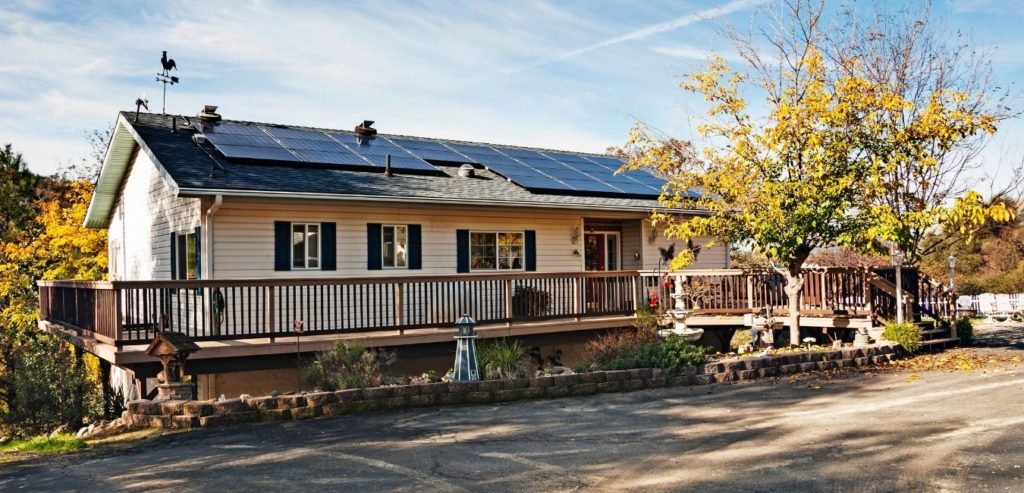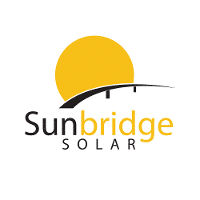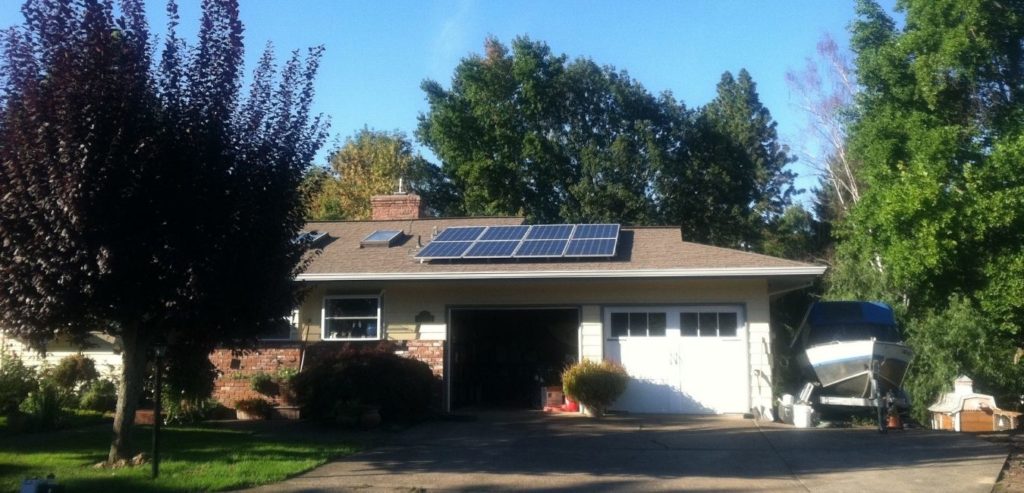A Complete List of Washington State Solar Incentives for 2025
Welcome to our overview of the 2025 Washington State solar incentives! We are committed to keeping our clients up to date on the most recent solar incentives and policies as a dependable supplier of solar solutions in Washington State.
In this guide, we will provide you with all the information you need to know about the Washington solar incentives and show you how to take advantage of them to save money and help the environment. Let us get going!

Sales Tax Exemption For Solar Installations
Washington state has a sales tax exemption for solar installations. Effective July 1st, 2019, customers are able to gain all the benefits of installing and owning their own solar array, without paying any sales tax on the purchase and installation costs for systems that qualify.
The exemption applies to systems that generate all the way up to 100 kilowatts AC of electricity and is available all the way through December 2029. Larger systems that generate somewhere between 101-500 kilowatts AC can qualify for a 50% sales tax exemption after January 1st, 2020.
For an average home in the US, they can offset its entire energy use with a system of just 5 kilowatts. With a project of that size, homeowners are poised to save $2,000+ on the purchase and installation costs when they decide to go solar. That’s roughly an 8% average savings overall!
Source: Washington Department of Revenue
30% Federal Solar Incentives
Good news for this incentive. The Inflation Reduction Act of 2022 extends the 30% federal tax credit until 2032, decreasing to 26% in 2033, and dropping to 22% in 2034 before finally disappearing entirely in 2035 unless there is an action taken again by Congress to extend it. This new law supersedes the previous one that would expire this incentive in 2024.
How Does the ITC Work?
The Investment Tax Credit (ITC) works by giving a 30% of the total cost back to you in the form of federal tax credits. For example, if your system costs $20,000, you will earn $6,000 back in tax credits.
What happens if I have more tax credits than tax liability?
That’s no problem. You will not get a cash refund, instead, the remaining credits will be applied to the next tax year.
| Year | Residential | Commercial |
|---|---|---|
| Now - 2032 | 30% | 30% |
| Year 2033 | 26% | 26% |
| Year 2034 | 22% | 22% |
| Year 2035 | 0% (Expires) | 0% (Expires) |
WA Net Energy Metering
One of the biggest concerns with solar power is the fact that the sun is not always out. You may ask yourself, how can solar offset my use when I mainly use energy when it is dark? Living in the Pacific Northwest, I know this can be a top concern for consumers as the days get shorter and shorter. The answer to year-round solar production is net energy metering.
Net energy metering is a process that allows system owners to sell their excess energy generated back to the grid. Under this Washington state solar incentive, the utility issues a credit for energy that is added to the grid, which the owner can use later to redeem that amount of energy from their provider.
How Does NEM Work in Washington State?

In other words, while you are gone all day, your solar system is banking energy credits for you to use when you get home. Some states will only offer a partial credit for your excess generation, but in Washington, utilities offer a one-to-one credit for this process so that, annually, you can use as much as you produce for free!
For example, let’s say that you use 800 kilowatt-hours (kwh) of energy in June (pretty typical usage for the area). If your solar system produces 1200 kwh, you bank 400 credits with your utility that month. Continue that trend through September, and you will have built up 1600 kwh of use that will roll over to the winter months.
These credits will supplement the solar generation in the shorter days, reducing your utility bills all-year-round! However, heads up. They do reset each year to 0 credits so it’s best to size your system perfect; not undersizing or oversizing.
MACRS for Solar (Commercial Only)
MACRS for Solar is a depreciation system that is used for tax purposes. Depreciation is an income tax deduction that allows a business to recover some of the cost of a tangible purchased asset over time. Qualifying solar equipment is eligible for a cost recovery period of 5 years.
The guidelines will allow a business owner to depreciate up to 85% of the total cost of the system of their books over that time, significantly decreasing their tax liability and how long their payback period will be.
Read More: MACRS Solar 101
The Rural Energy for America Program, or REAP, offers grants to cover up to 25% of the system cost of your solar energy system, or loan guarantees of up to 75% of the total eligible project costs. This grant is only available for agricultural producers and rural small businesses and is a great way to reduce operating costs.
For more information and to find out about applying for one of these grants, please read our Guide to REAP Grant.
REAP Eligibility
- Agricultural producers with at least 50% of gross income coming from agricultural operations
- Businesses in eligible rural areas
- Agriculture producers may be in rural or non-rural areas
Keep in mind, that “small” is defined by the SBA depending on your NAICS code, and can appear quite “large.” We can help you determine if you meet all the REAP Qualifications.
Agricultural producers and rural small businesses are eligible to receive up to $20,000 in grant money through their Rural Energy for America Power Program (REAP).
We Offer Free Grant Writing
We in-house writing the grant to ensure you have the best possible opportunity to be awarded. This costs nothing to you. We work diligently to secure business grant funding for many projects in a competitive system.
You may also decide to write the grant yourself. Some larger organizations have their own teams of grant writers and prefer that. We will still assist when called upon to provide consultation.
While going rooftop solar may not be for everyone, with the incentives available to both home and business owners in Washington, we see it make sense to more and more consumers every day! Let us help you determine whether it may be a good fit for your lifestyle and situation. We specialize in getting you the maximum savings possible given available incentives.
Find out how much we may be able to save you, by giving us a call at (360) 313-7910 or by filling out a free consultation form to have one of our consultants reach out.
Ready for Next Steps?
Sunbridge Solar can assist you if you are curious to find out more about how solar energy can help your home or business in Washington State. For years, our team of solar experts has been creating and putting in place unique solar solutions for Washington residents and companies.
Since every property is different, we offer free consultations to go over your particular energy requirements and address any other questions you might have. We will assess your property, determine your energy objectives, and give you an estimation of the costs and savings associated with switching to solar power during the consultation.
Simply call us or complete a form on our website to set up a consultation. Take the first step toward a cleaner, more sustainable energy future with the assistance of our team.

